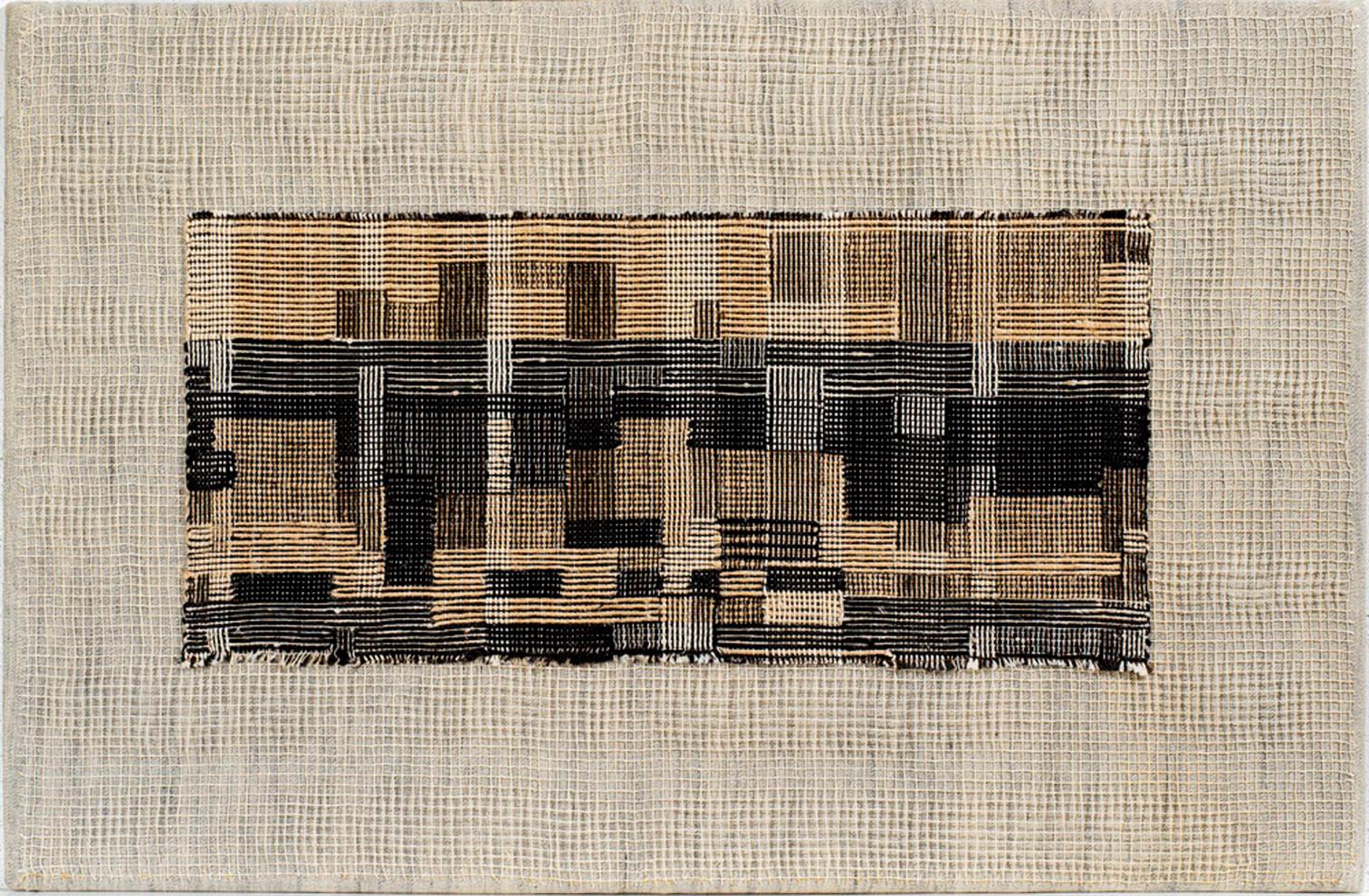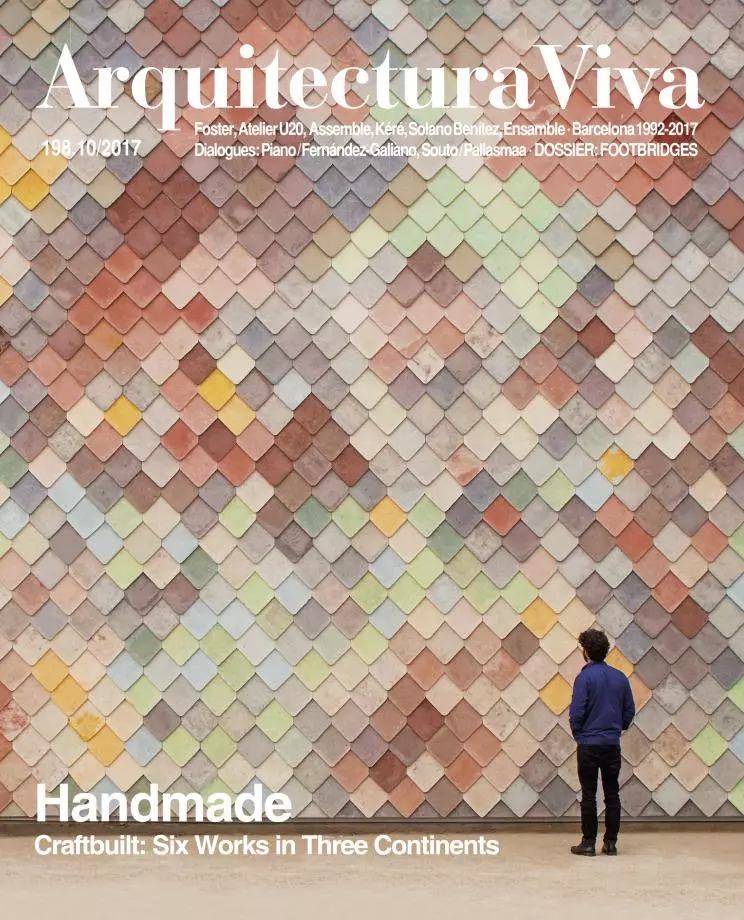
Though it was hard for them to escape the long shadows of the men who were their husbands and often also mentors, there were not a few women artists at the Bauhaus who had voices of their own. The most outstanding among them – both because of the fields she explored and because of her unswerving commitment to teaching and experimentation – was perhaps Anni Albers (1899-1994).
Born to Jewish parents in Berlin, Anni enrolled at the Bauhaus of Weimar, where she met Josef Albers, then a professor and mystic of colors. They would marry in 1925. At the Bauhaus, Anni took charge of the textile workshops, and her passion for warps and patterns survived the closing of the Bauhaus in 1933, the year the couple, on the invitation of Philip Johnson, moved to North Carolina to start up a teaching program at a then modest school that would become a reference for the United States avant-garde: Black Mountain College. There Anni devoted herself to what would be called ‘fiber art,’ creating a language where the commitment to abstraction and colors that she had assimilated at the Bauhaus was interwoven with the powerful simplicity of the pre-Columbian art that she discovered in America. The pictorial cloths of this period were the seed of another vocation of hers: printing techniques.
An exciting journey through the life and work and through the genres of this unique artist will be presented in the exhibition ‘Anni Albers: Touching Vision,’ on view at the Guggenheim Museum of Bilbao from 6 October to 14 January.





